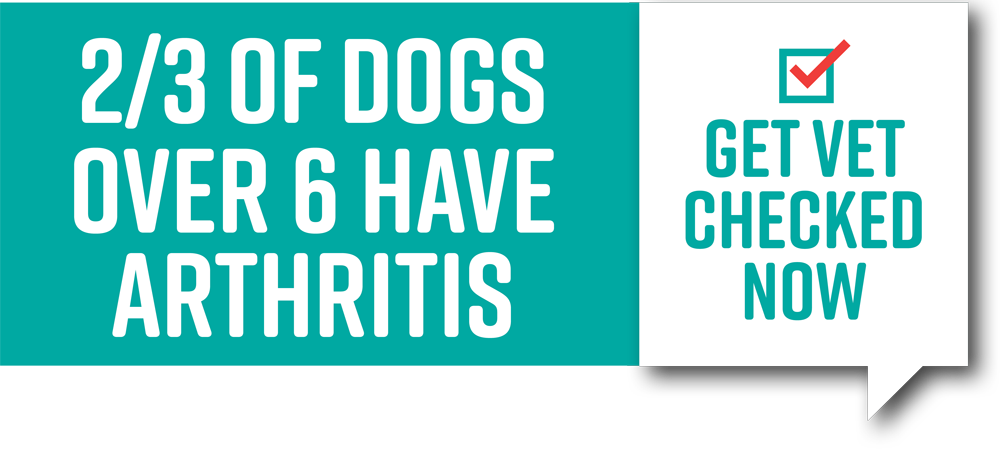What is osteoarthritis?

Arthritis and Dogs
- Limping?
- Having trouble rising?
- Less active?
- Seem uncomfortable when exercising?
- Detached, irritable, or more dependent than previously?
- Chewing or licking their joints?
Arthritis and Cats
- Reluctant to play or jump?
- Irritable?
- Seem uncomfortable when grooming?
- Inactive?
- Suffering from swollen joints?
- Limping?
Here at Fur Life Vet we have created a great little online Quiz you can take to see if your dog is at risk of arthritis. It asks a few simple questions about your dog and how he gets around. It only take 5 minutes and just might help you identify if your dog is suffering in silence!
All the ways your vet can help
- Diagnose your pet’s symptoms
- Provide tailored pain relief so your animal is comfortable
- Help protect against progression of the disease
- Suggest ways to manage your pet’s weight – which is often the single most important thing you can do to help your pet long term
- Offer a range of advice – about rest, exercise, physiotherapy and how to make your pet more comfy around the house (soft bedding, easily accessible litter trays or indoor ramps to help them get to their favourite spots).
Medication
- A mild softening of your pet’s stools
- Loss of appetite
- Vomiting
- Diarrhoea
- Other gastrointestinal signs

If your pet becomes unwell or you suspect your pet is having problems with a medication, STOP it and CONTACT your vet.
Why it’s vital to schedule a vet revisit
If your pet is on NSAID medication, it’s really important you stick to your revisit vet schedule so they can regularly monitor your furry friend with check-ups and lab tests. As lifestyle and medication needs can change over time, your friendly vet might suggest modifications along the way to make sure your best mate continues to live a long and healthy life.
HELPING YOUR PET MOVE INTO THEIR SENIOR YEARS COMFORTABLY & PAIN FREE




Recent Comments